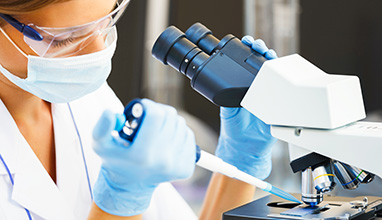There are no formal 911 operator education programs. Instead, dispatchers are encouraged to develop skills through related training and education in order to qualify them for one of these positions.
Recommended High School Courses
Any courses that help with memory can be useful to those wishing to become 911 operators. For example, history often requires students to memorize dates and geography requires memorizing capital cities. Good computer skills and the ability to type fast are also required, so students should concentrate on learning Microsoft Word and Excel along with keyboarding. First aid and general health courses can also be useful for those entering this career field.
Additional Training and Certification
After high school, individuals can take certain training courses that can help prepare them to become 911 operators. Classes in first aid and CPR can be helpful, and are even required in some jurisdictions. These classes cost anywhere from $50 to $100 each.Preference is sometimes given to those who hold a paramedic certificate or students who have taken a few criminal justice courses at a community college. Online National Incident Management System courses offered by FEMA can also give one an advantage in securing a position as a 911 operator, and these classes are offered free of charge.
Civil Service Exam
Some agencies choose 911 dispatchers based upon the results of a civil service exam. This Civil Service Commission of each state is responsible for administering this exam. Candidates must apply for the opportunity to take this test, which includes submitting proof of citizenship, a criminal background check and a high school diploma or equivalent. There is no cost involved in taking this test aside from transportation to and from the testing site; however, study materials can cost as much as $65.
Employer-Specific Training
Most employers require dispatchers to undergo a rigorous 911 operator training program prior to working in this capacity. This program is normally administered by a county’s emergency management bureau and consists of classroom instruction and practical hands-on training. Some of the subjects focused on include communications, emergency and medical dispatch and radio system technology. A training program can last anywhere from 400 to 520 hours and is offered free of charge to newly hired personnel. They can be paid an hourly salary ranging from $10.75 to $26.00 depending on geographic area; meals and training materials may be provided as well.
Special Certifications
Becoming certified as a 911 dispatcher is not normally required; however, doing so can help with career advancement. The National Emergency Number Association (NENA) and the National Academies of Emergency Dispatch(NAED) all offer certification testing. NAED certification costs $20 for a two-year license, and does not require any prior education or experience. NENA certification costs between $395 and $475 and requires applicants to have a combination of education and on-the-job experience before testing.
While learning the requirements of a 911 operator, workers will also become adept at remaining calm under pressure. Dispatchers do not typically need to undergo periodic refresher training since they are constantly putting them into practice while on the job.






